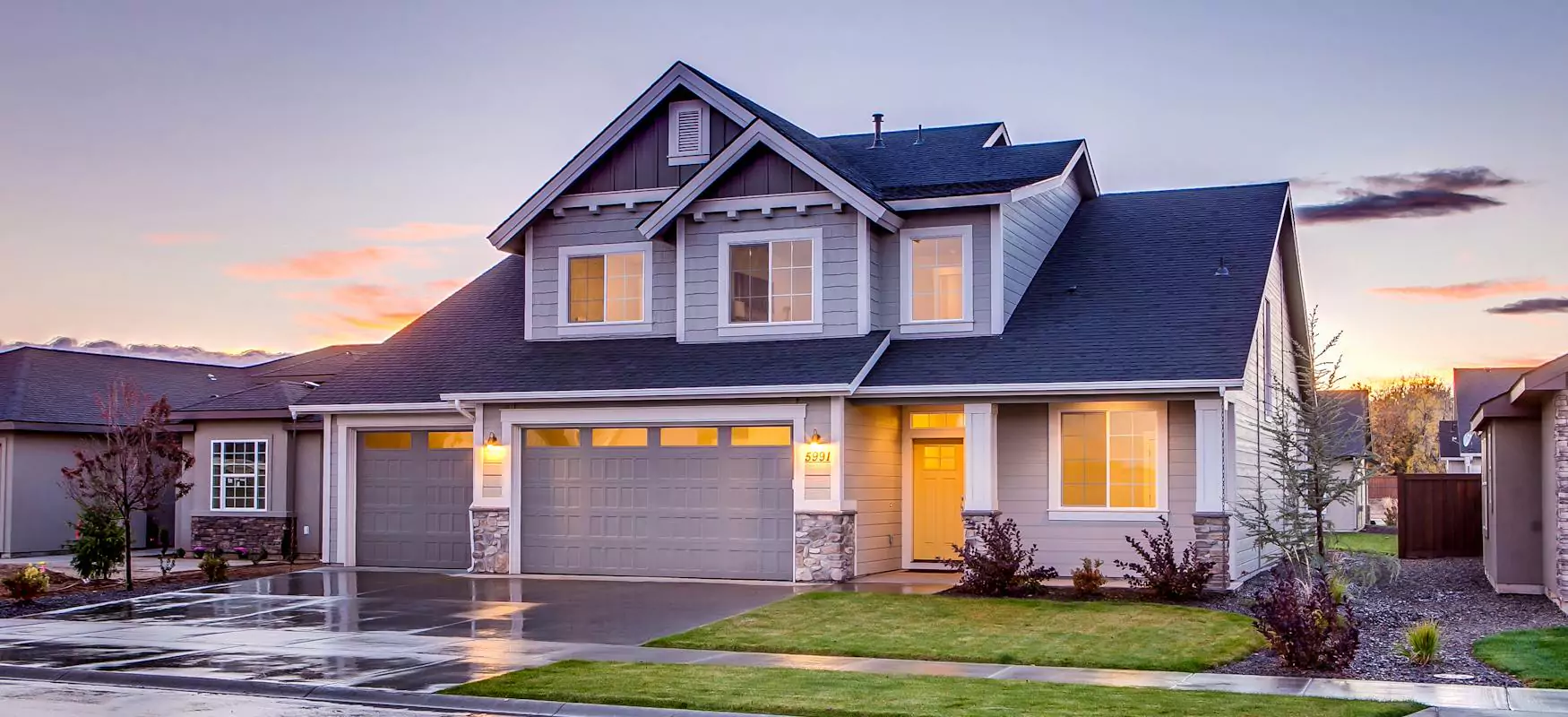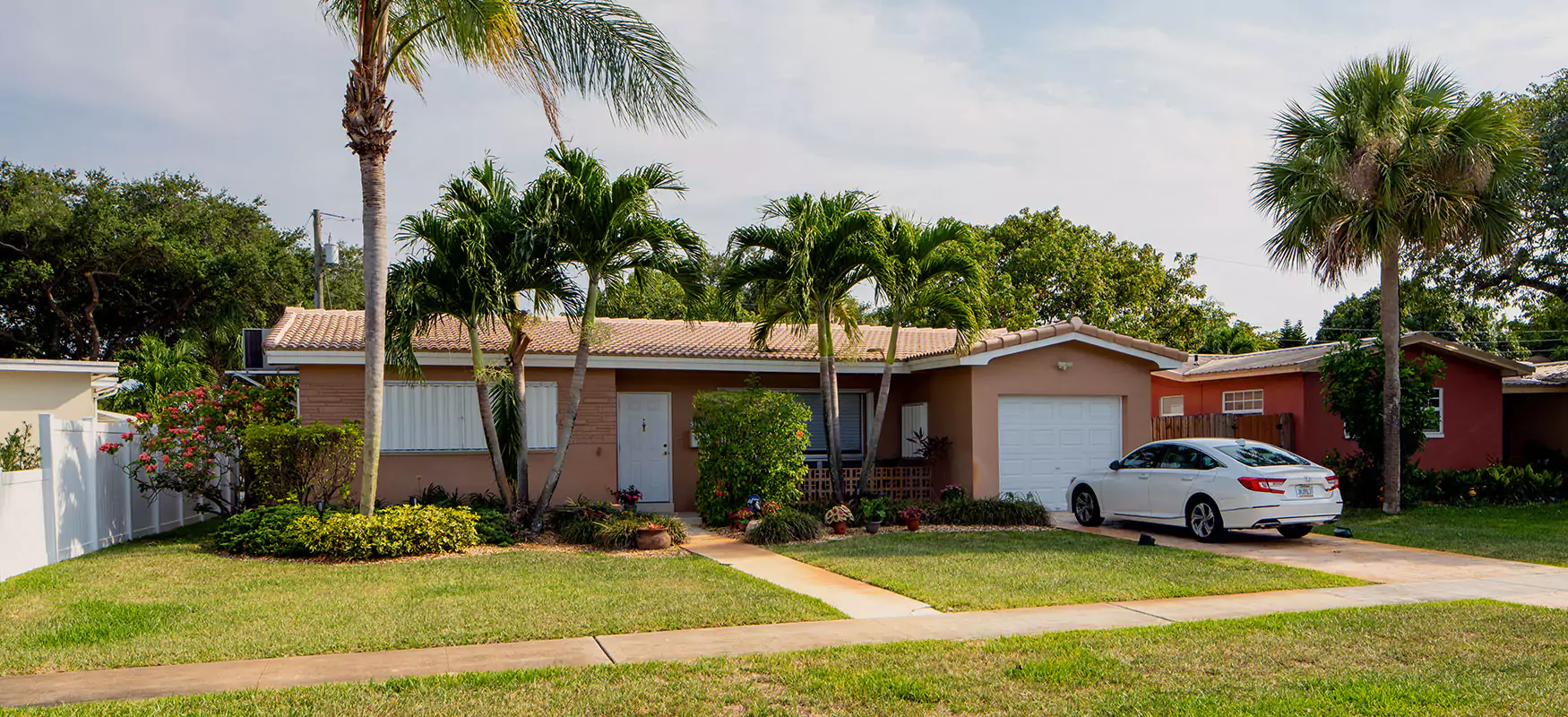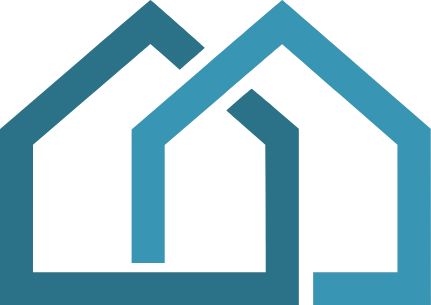What Does a Home Selling Calculator Measure?
A home selling calculator is a way to measure key factors that help sellers assess their financial situation and educate them on the costs of purchasing a home. The typical factors that go into the house-buying calculator are as follows:
- Home Selling Price: The expected market value or agreed sale price of your home.
- Outstanding Mortgage: How much you still owe on your home loan.
- Repairs and Renovations: Any upgrades or fixes made to increase your home’s value.
- Closing Costs: Fees like agent commissions, title insurance, and escrow fees.
- Downpayment: the percentage of money you plan to put down on the home price.
- Loan Amount: The amount you will need to borrow after the down payment.
- Interest Rate: The annual interest rate on the mortgage, which affects your monthly payments.
- Loan Term: The length of time slated to repay the mortgage, commonly 15 or 30 years.
- Monthly Mortgage Payment: The amount, including principal and interest, you will pay each month.
- Property Taxes: Estimated annual taxes on the property, which can be divided into monthly payments.
- Homeowners Insurance: The cost of insuring the home, which is typically broken down into monthly payments.
- Private Mortgage Insurance (PMI): Additional insurance that may be required if your down payment is less than 20%.
- Total Monthly Payment: The sum of all monthly costs, including mortgage payment, taxes, insurance, and PMI.
Factors That Impact Your Home-Selling Profit
Before you sell your home and buy another, look carefully into some of the factors that will affect your profit margin like market conditions, the condition of your home, and the way you will sell your home.
1. Market Conditions
Is it a seller’s market or a buyer’s market? Are interest rates high? Is the market swamped with houses for sale? The market conditions play a significant role in determining the profit you can make from selling your house. Here are some key factors:
- Interest Rates: Low interest rates can encourage more buyers to enter the market and drive sales prices higher. High interest rates may deter buyers, leading to fewer offers.
- Supply and Demand: Demand exceeds supply In a seller’s market, which means higher sales prices. In a buyer’s market, supply exceeds demand and sellers may need to lower prices to attract buyers.
- Local Market Trends: If your city is experiencing growth and new development, it may boost your home’s value. Profit on home sales will lower in a depressed neighborhood.
- The Economy: If the economy is strong, it can increase buyer confidence and inspire higher home prices.
- The Season: Spring and summer tend to be more favorable for selling homes because buyers are more active during these times.
- The Comps: The prices of homes that have sold in your area influence your potential profit.
- Home Condition: If your home needs renovations or upgrades, it can affect how many potential buyers walk through it and also affect your sale price.
2. Condition of the Home
The condition of your home – does it require maintenance, repairs, and updates – is a big part of how fast you can sell your home and for what price. A home with great curb appeal and updated kitchen appliances is going to sell for a higher price than one that looks aged.
3. Selling Method
There are several different ways homeowners can sell their homes. The most common method is using a traditional real estate agent, which requires a lot of work to get your home ready and a lot of money in real estate fees.
Some people choose the “for sale by owner” method, which is selling your home without the use of an agent. It’s a very time-consuming method with the goal of cost savings.
Finally, there’s selling to a cash buyer or real estate investor, which offers a speedy, hassle-free way to sell your home as-is. The major bonus is the seller does not have to pay any commissions, fees, or closing costs.
Why Selling to a Cash Buyer Could Be Your Best Option
Selling to a cash buyer like I Buy SD will eliminate many of the headaches and hurdles associated with traditional home sales. Cash buyers often buy homes in as-is condition, meaning you don’t have to make repairs or have your home staged before listing. Many cash sales happen before a home is even listed for sale. If you work with a real estate agent and sell the traditional way, you will be giving away 12% of the selling price in fees. With a cash buyer, there are no fees.
Here are a few other benefits of selling to a cash buyer:
- Fewer Fees: With most cash buyers, sellers will not have to pay closing costs or real estate fees.
- Quick Closing: Cash transactions close much quicker than traditional financed sales. With cash transactions, you can sell within a week or two because there are no banks involved.
- As-Is Sales: Most cash buyers do not require any repairs or renovatio


